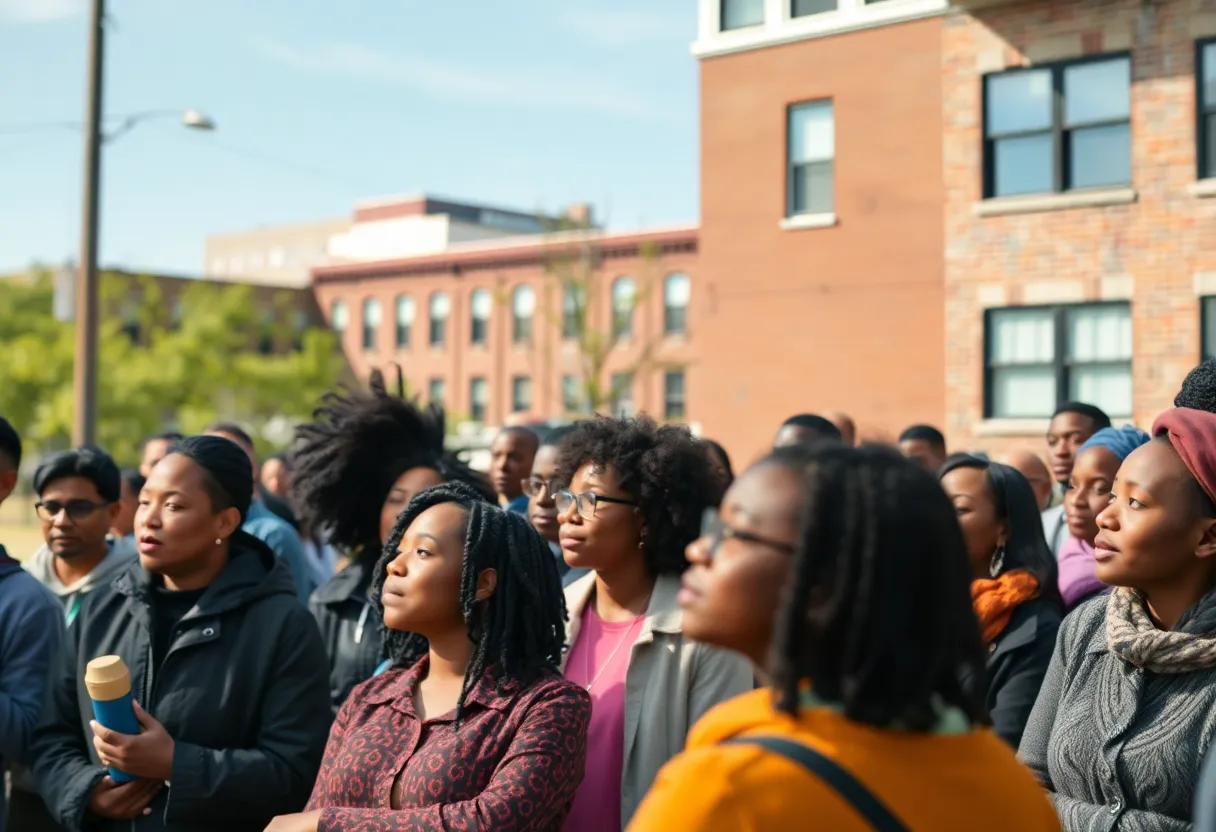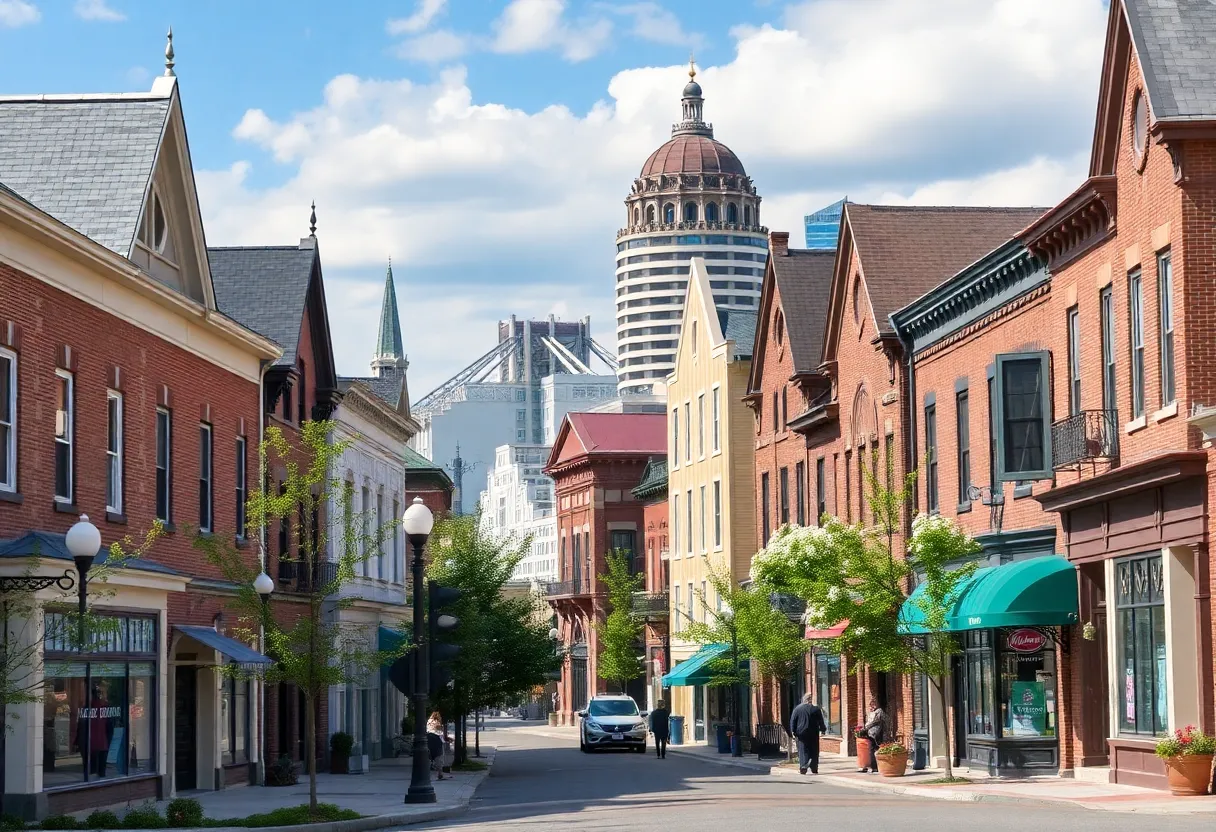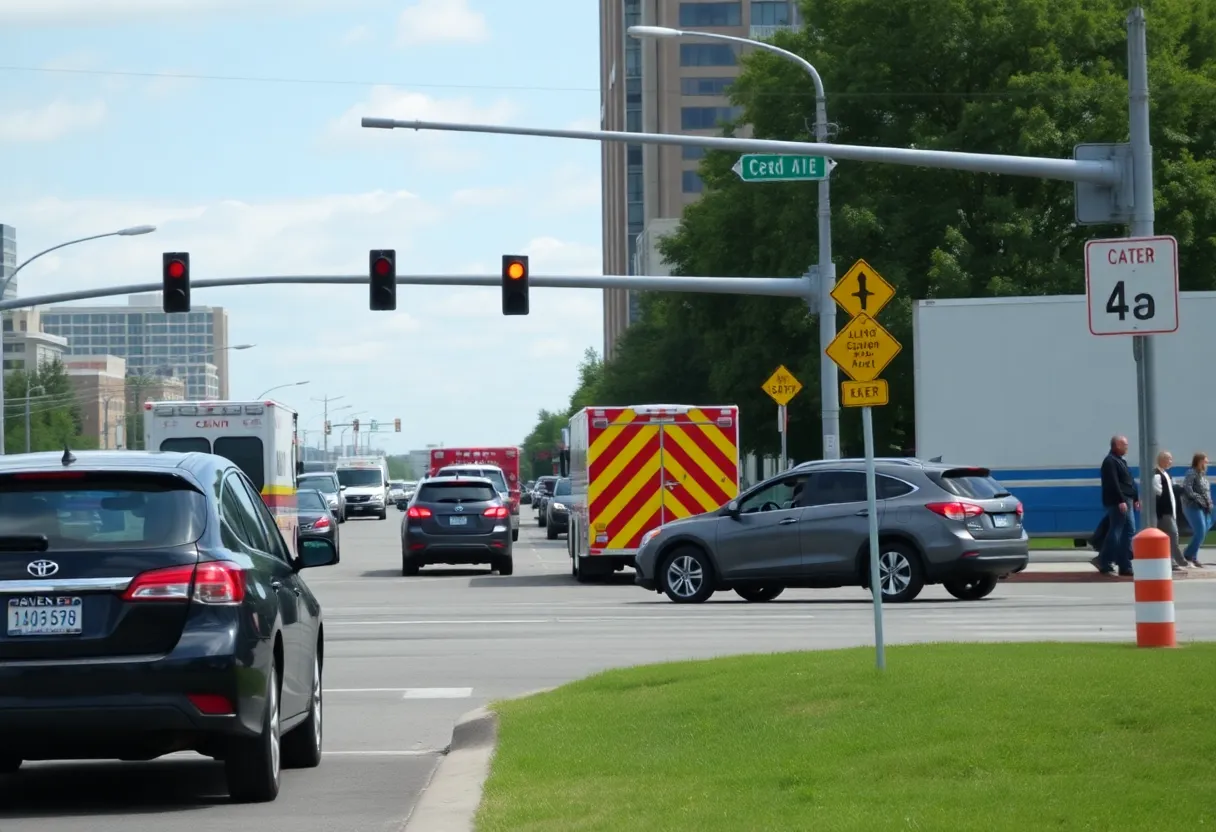News Summary
Residents from Wyman Park and Remington in Baltimore are raising concerns about the proposed Data Science and Artificial Intelligence Institute (DSAI) by Johns Hopkins University. They fear that the project could weaken environmental protections and harm local resources, particularly stormwater management. Activists highlight potential risks to the Stony Run ecosystem and worry about chemical contaminants from construction sites. While JHU plans to create jobs and enhance infrastructure, community members are demanding transparency and measures to mitigate construction impacts.
Baltimore – Residents from two Baltimore communities, Wyman Park and Remington, are voicing their strong opposition to the new Data Science and Artificial Intelligence Institute (DSAI) project proposed by Johns Hopkins University (JHU). The opposition stems primarily from concerns about environmental protections and potential impacts on local resources.
Concerns highlighted by residents include JHU’s request for a waiver that would potentially weaken stormwater protections during the construction phase. Community members assert that this modification could jeopardize millions of dollars invested in taxpayer-funded restoration projects and negatively impact the watershed. Activist Hillary Gonzalez, who founded the BMoreAgainstDSAI campaign, emphasized that stormwater runoff from the construction site presents significant environmental risks.
Residents of Baltimore City have expressed apprehension that the ongoing development could undermine previous restoration efforts, including the city’s investment of over $10 million aimed at revitalizing Stony Run. While these restoration projects have shown progress, community members fear that additional construction could undo the advancements made in ecosystem health. Many residents are already facing flooding issues in their neighborhoods, raising concerns about the emotional toll and disruption caused by the project on local green spaces.
In addition to stormwater management issues, residents have also raised alarms about possible chemical contaminants coming from nearby construction sites, specifically the Agora Building, which may further threaten local environmental health.
To address stormwater management concerns, JHU has initiated several responses following a city inspection, including the installation of a fence around the DSAI construction site. Public comments on the project are being accepted by Baltimore City until Friday, October 10, at 4:30 PM.
In defense of the project, a JHU spokesperson has stated that the university is committed to enhancing stormwater management infrastructure to cope with increased rainfall, a concern that has been increasingly pressing in light of climate change. Upgrades to the stormwater system include the installation of a new stormwater line that has 20% more capacity than its predecessor, alongside a 500,000-gallon rainwater cistern.
The DSAI project is poised to transform Baltimore into a significant tech hub, with expectations to create around 11,000 jobs and generate an estimated economic impact of $1.6 billion upon completion. The project entails the construction of two new buildings located near Wyman Park Drive and Remington Avenue, with completion expected by 2029. Additionally, JHU has made adjustments to the project by reducing the overall size of the DSAI facility by 30%, with the facility now covering approximately 476,572 square feet. As part of their commitment to environmental stewardship, the construction will include efforts to plant 300 new trees to replace those that will be removed.
To further address residents’ concerns related to the construction, JHU has offered to conduct structural surveys of homes in the area prior to commencing work. The university has also employed environmental consultants to ensure proper monitoring and protection of Stony Run Creek and the surrounding wildlife throughout the construction phase.
Community engagement has been an ongoing effort, with 14 meetings held in the past two years to discuss residents’ concerns. As the DSAI project progresses, residents have expressed a need for measures to minimize construction-related noise and vehicle traffic to preserve the well-being of the neighborhood.
The outcome of this community opposition and the university’s plans remain to be seen as public comments are being collected, and discussions between residents and JHU continue.
Deeper Dive: News & Info About This Topic
HERE Resources
Additional Resources
- CBS News: Johns Hopkins DSAI Development
- Wikipedia: Environmental Impact Statement
- The Banner: Johns Hopkins AI Center
- Google Search: Johns Hopkins environmental impact
- Baltimore Fishbowl: Structural Surveys Offered by JHU
- Encyclopedia Britannica: Stormwater Management
- WMAR2 News: Controversy Over JHU AI Institute
- Google News: Johns Hopkins DSAI
Author: STAFF HERE INDIANAPOLIS WRITER
The INDIANAPOLIS STAFF WRITER represents the experienced team at HEREIndianapolis.com, your go-to source for actionable local news and information in Indianapolis, Marion County, and beyond. Specializing in "news you can use," we cover essential topics like product reviews for personal and business needs, local business directories, politics, real estate trends, neighborhood insights, and state news affecting the area—with deep expertise drawn from years of dedicated reporting and strong community input, including local press releases and business updates. We deliver top reporting on high-value events such as the Indianapolis 500, Indy Jazz Fest, and the Indiana State Fair. Our coverage extends to key organizations like the Indy Chamber and Visit Indy, plus leading businesses in motorsports and healthcare that power the local economy such as Indianapolis Motor Speedway and IU Health. As part of the broader HERE network, we provide comprehensive, credible insights into Indiana's dynamic landscape.





